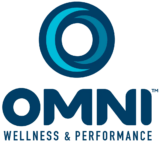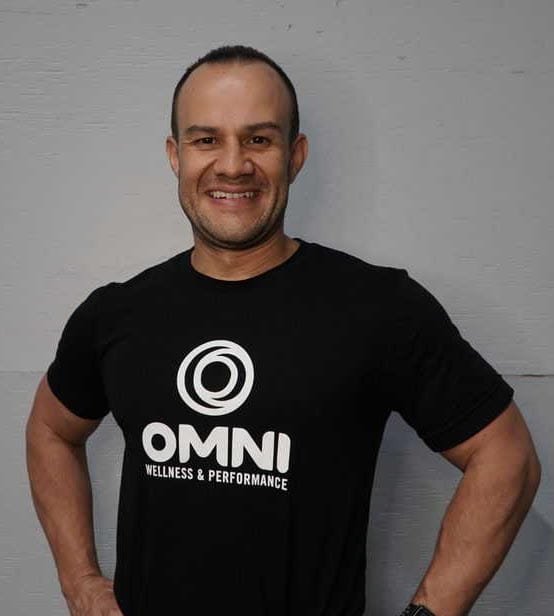Craniosacral Therapy (sometimes spelled cranialsacral therapy) is a mild, noninvasive kind of bodywork that focuses on the bones of spinal column, sacrum, and the head. The purpose is to relieve pain and tension by releasing compression in certain locations.
Craniosacral therapy (CST) was developed by osteopath John Upledger and is currently practiced by physiotherapists and massage therapists. It is a “subtle” therapy that entails mild skull as well as sacrum holding and practically undetectable manipulations.

How does it work?
CST can help with a wide range of pain and discomfort. It works by restoring normalcy to the environment surrounding the brain and spinal cord, thereby enhancing the body’s inherent ability to heal and self-correct. As a result, this method can be utilized to treat both acute and persistent pain. CST may be beneficial to you if you are healing from a sports injury, surgery, stroke, neurological disability or chronic arthritis.
Practitioners employ an extremely soft touch to remove constraints in the soft tissues surrounding the central nervous system. CranioSacral Therapy is becoming more popular as a preventive health treatment due to its capacity to boost disease resistance and its efficacy for a variety of medical disorders connected with dysfunction or pain.

- Healing and resolving a variety of illnesses and dysfunctions, such as chronic pain, head and neck discomfort, TMJ dysfunction, central nervous system problems, fibromyalgia, extreme fatigue, hormone imbalances, chronic sinus infections, seizure disorders, and others.
- Enhanced autonomic nervous system functioning, which allows the body to adapt to stress more efficiently.
- Tension relief
- Better immune system performance
- Flow of energy
- Reduction of tissue and bone limitations, resulting in increased mobility
- Overall rejuvenation and relaxation
- Pain management
What ailments may benefit from craniosacral treatment (CST)?
- Constant aches and pains
- Facial adhesions
- Fibromyalgia
- Migraine headache
- Complex regional pain syndrome (CRPS)
- Neuralgia
- Concussion syndrome
- TMJD (temporomandibular joint syndrome)
- Impaired speech
- MS (multiple sclerosis)
- Neurodegenerative disorders
- Stroke
- Epilepsy
Is craniosacral treatment appropriate for all people?
Almost anyone can benefit from CST. However, craniosacral treatment may not be appropriate for certain disorders.
If you’ve encountered any of the issues below and haven’t been cleared for treatment by your doctor, you can’t undergo CST:
- A recent concussion
- Blood clots
- Cerebellar structural abnormalities, like Arnold-Chiari malformation
- Cerebral edema
- TBI (traumatic brain injury)
- A cerebral aneurysm
- Any condition that creates an unstable brain fluid pressure, circulation, or build-up.




